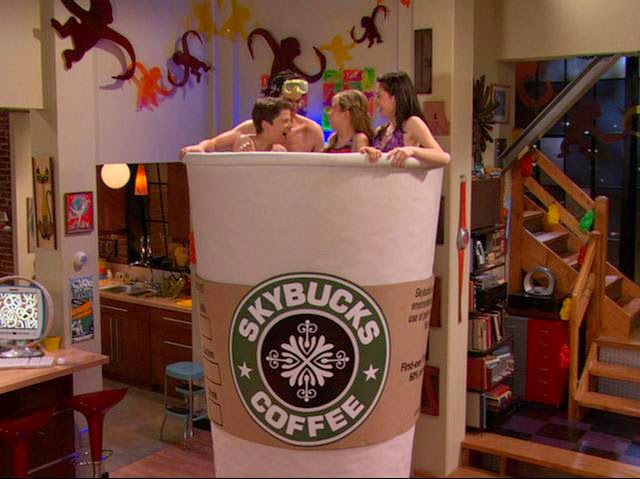I read many articles about riots due to police brutality in Baltimore right now. However, many sources feel uncomfortable with the terms "riot" and "police brutality" because this is America, and we're a model country. Right? Sure.
In an interview by the New York Times with Martin O'Malley, who used to be the governor of Maryland, both sides only used the term "aggressive policing" as opposed to a much harsher sounding "police brutality" or "abuse of power". I know, it's hard to think that here in America such a thing is possible, but what name do we give to dozens of black people being disproportionately killed by police officers? "Police brutality" will obviously offend many proud Americans, but it's hard to sugarcoat problems like this. "Aggressive policing" makes this seem like much smaller of a problem than it really is.
Another newspaper, "Above the Law", had something to say about this. They didn't address the riots in Baltimore, but rather, the "civil unrest". Hundreds of people of all demographics setting fire to stores and cars and protesting nationwide is no more than "civil unrest". Or maybe that's just easier to read. "Riots" may evoke negative images, like death and destruction. "Civil unrest" sounds more like dissatisfied Americans trying to prove a point. It does not evoke violent images. And how dare people think that anything police-related today in America is violent!
George Orwell's "Politics and the English Language" helped me to identify these phrases that I may have not paid much attention to before. He writes, "Thus political language has to consist largely of euphemism, question-begging, and sheer cloudy vagueness". These two phrases used multiple times in articles do just that. Instead of simply telling the people the truth, they use less offensive, less scary phrases that we can handle. What is aggressive policing and civil unrest? Neither articles go on to explain that, so how can readers truly know the extent of this issue? Orwell's article was published 70 years ago, just after World War II ended. Today he would not be satisfied with the problems he discussed in his work still being relevant.
Orwell also states that many words are used "with intent to deceive". How can our nation really grasp what is happening with different phrases about the same problem being thrown at us everywhere we look? They may be used to help a side sound more empathetic. A former governor does not want to attack the police (although officers don't seem to have an issue with it). He can still address the issue by using terms like "aggressive policing" to give Americans a less clear idea of the issue, and not have to pick a side in the argument. Words can be used to deceive, trick, and sway people. It is vital to know when this is being done, so our minds aren't sugarcoated as well.
Civil unrest in Ferguson this past winter.


